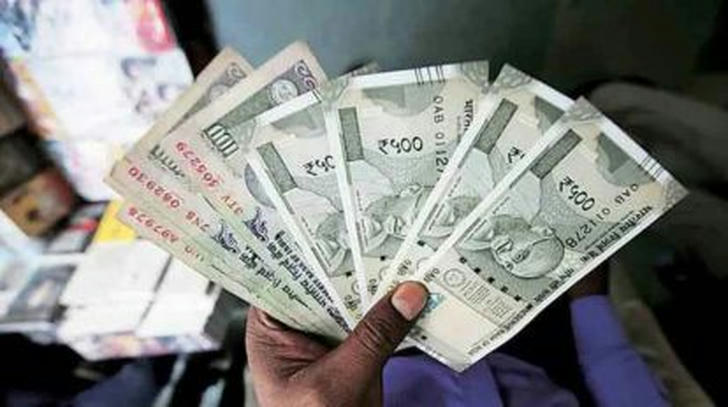A Guide to Non-Bank Loans – Options for Those with Bad Credit and Indebtedness
In India, those with significant debt, low credit ratings, or those rejected by banks don't always have access to traditional financing options. This is where non-bank loans come in handy – financing solutions offered by licensed financial institutions (rather than banks).

This article will explain some non-bank loan guidelines in India and, most importantly, how borrowers with bad credit, debt, or financial difficulties can obtain funding legally and responsibly.
Who Are Non-Banking Loans Suitable For?
In India, traditional banks dominate the lending sector, but their eligibility criteria are often strict. People with low credit scores, irregular income, or a history of unpaid debts usually find it difficult to secure loans from banks. For such individuals, non-banking financial companies (NBFCs) and digital lending platforms can serve as a practical alternative. Non-banking loans are particularly suitable for:
Individuals with a poor credit history who have been rejected by banks.
Small business owners or self-employed workers with irregular cash flow.
Borrowers in need of short-term or emergency funds who cannot wait for lengthy bank approvals.
People seeking smaller, flexible loans that may not be available in traditional banking systems.
Examples of Non-Banking Loan Platforms in India
India’s lending ecosystem has seen rapid growth in NBFCs and fintech companies. Some of the most prominent non-banking loan providers include:
Bajaj Finserv – Offers personal loans, business loans, and consumer durable financing with flexible repayment options.
Tata Capital – Provides personal loans, education loans, and SME financing with relatively easier eligibility criteria compared to banks.
Mahindra Finance – Specializes in vehicle loans, rural financing, and loans for farmers.
Fullerton India – Known for personal loans and small business financing, often catering to borrowers with moderate credit scores.
MoneyTap – A digital lending platform that offers credit lines and personal loans through mobile apps.
KreditBee – Provides instant small-ticket loans for young professionals and individuals with limited credit history.
PaySense – Specializes in unsecured personal loans and often approves applicants with weaker credit profiles.
These institutions often rely on alternative data—such as income patterns, employment history, and even digital footprints—to assess loan eligibility, making them more inclusive compared to banks.
⚠️Risks you need to know before taking out a loan::
Borrowing money carries certain risks. If your income decreases or disappears, repayments may become difficult to make, potentially leading to late payment fees and a negative credit history. For variable-rate loans, rising interest rates can lead to higher monthly payments. Over-indebtedness can also lead to financial instability and legal action. Therefore, every borrower needs to assess their financial capabilities and risk profile before committing to a loan.
✅ Conclusion
Non-banking loans in India fill a critical gap by offering financial access to people excluded from the traditional banking system. For borrowers with poor credit, NBFCs and fintech platforms provide faster, more flexible solutions. However, the benefits come with risks—particularly higher costs and potential debt traps. Responsible borrowing, thorough research, and a clear repayment plan are essential to ensure that non-banking loans truly serve as a stepping stone rather than a financial burden.
